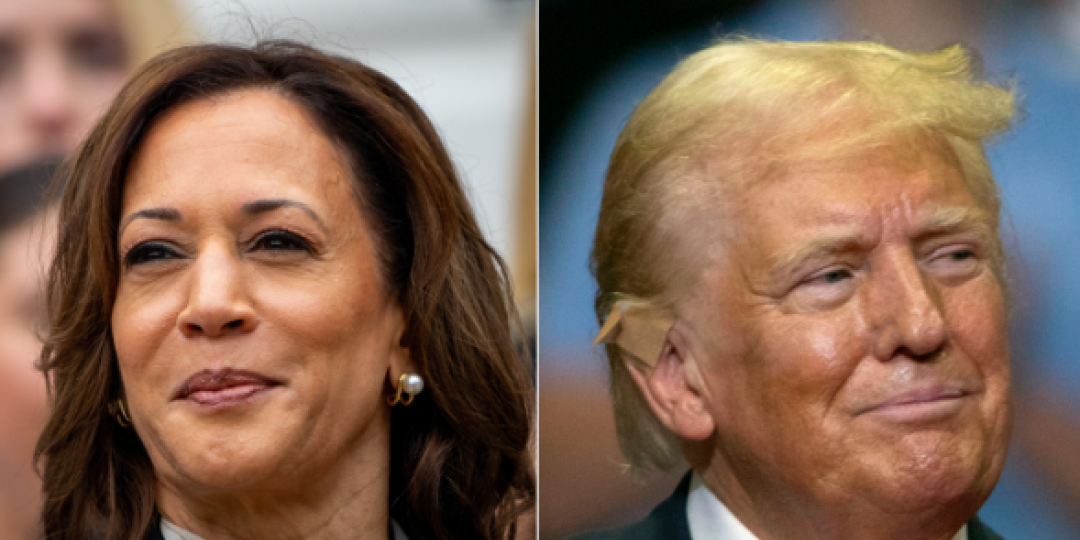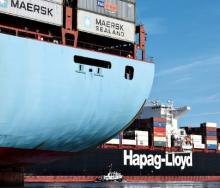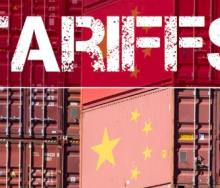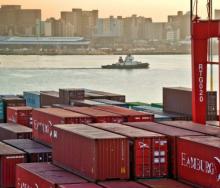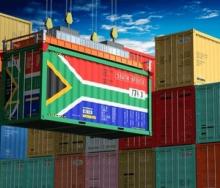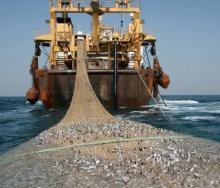A third report (Q3) for 2024 by Thai-listed dry bulk owner, Precious Shipping, highlights that elections worldwide, particularly the US presidential election, hold significant implications for the global economy and, in turn, for shipping.
Naturally, the potential impact on the shipping industry depends on who wins – Kamala Harris (Democrat) or Donald Trump (Republican).
The Q3 report states that many populist leaders support deglobalisation, near-shoring, friend-shoring, and other policies that could distort markets. If such leaders take office, these approaches could negatively impact shipping demand while raising inflation through deglobalisation policies.
According to Asia Shipping Media, Graham Porter, chairman of Tiger Group Investments and co-founder of Seaspan, recently told Maritime CEO Forum delegates in Monaco that the world was “breaking apart”.
Disruptions, as we’ve come to know them, are causing a shift away from collaboration towards self-sufficiency.
Porter predicted an increase in regulation, tariffs, anti-trade policies, and a rise in national fleets securing their own cargo with domestic naval protection.
But what can be learned from what we know about how a Harris or Trump presidency might add to global supply chain volatility.
Sam Chambers writes for Splash 247 that the liner sector is often viewed as the most vulnerable among major shipping markets to geopolitical disruptions, given its reliance on consumer spending for demand.
Both US presidential candidates, Trump and Harris, advocate for import tariffs and budget deficits, with Trump expressing strong intentions to increase tariffs significantly.
Analysts at Sea-Intelligence suggested on Sunday that such moves could boost short-term demand for container shipping into the US, as importers might rush to bring in goods before new tariffs take effect. Over the medium to long term, they foresee a shift in trade patterns as importers adapt their sourcing strategies to minimise tariff impacts, implying a possible need for adjustments to shipping networks.
Jeremy Nixon, CEO of Japanese liner giant Ocean Network Express (ONE), commented at the Marine Money event in Singapore in September, that while some China-US trade might decline, other routes, such as China-Mexico, were seeing increased activity. Nixon explained that global trade patterns continued to evolve, with shipping needing to quickly adapt.
In the gas markets, broker SSY remarked that the outcome of the election could have significant consequences for LNG, potentially involving bans on future export projects or trade tariffs. SSY highlighted that Kamala Harris had recently shifted her stance on US fracking, indicating that electoral strategy could sometimes outweigh adherence to prior policies.
A recent report by broker BRS stated that China’s position as a leading importer of US LPG and LNG meant that any disruption could heavily impact LPG and LNG tanker markets.
At the Singapore edition of the Maritime CEO Forum in September, Mark Cameron, COO of Ardmore Shipping, discussed the implications of a potential Trump victory for tanker trades, suggesting it might lead to an end to the Ukraine conflict, a development that could dampen tanker demand. On the other hand, a Trump administration could take a more aggressive stance towards Iran, which Cameron viewed as favourable for tankers.
Alan Hatton, CEO of Foreguard Shipping, noted that recent global instability had often benefited shipping, implying a similar trend might continue under Trump. Henrik Hartzell, a senior adviser to GSB Tankers, projected greater operational complexity if Trump were re-elected, anticipating escalated trade conflicts with China.
According to BRS analysis, Iranian crude and condensate exports recently reached 1.6 million barrels per day, a post-2018 peak. BRS expects that a Trump administration would swiftly tighten enforcement on Iran’s oil sector, targeting the network of grey tankers involved in its exports.
The dry bulk sector, the largest in shipping, faces risks from a possible US-China trade war. During Trump’s previous term, China reduced US grain imports, opting for Brazilian sources, which had limited net tonne-mile impact.
Data from Clarksons Platou Securities indicates that dry bulk cargoes, especially grain and steel products, were the most affected by the initial US-China trade war, followed by LNG and LPG. According to Clarksons, overall tonne-mile growth in shipping declined by 0.5% in both 2018 and 2019.
At the Geneva Dry conference, Trafigura’s chief economist Saad Rahim commented on the likelihood of continued stringent anti-China policies regardless of the election outcome. Rahim expressed concern about the emergence of two trade blocs, with Russia, Iran, India, and China on one side, and Europe, the US, and Latin America on the other.
Shamika Sirimanne, director of the UN’s Trade and Development division, noted that the tariff war since 2017 had reduced China-US trade, with China’s imports from the US down by 8%. She warned that reshaping supply chains based on geopolitical rather than economic considerations could lead to reduced efficiency and longer supply chains.
The car carrier industry is also closely watching today’s election results. The sector has recently enjoyed record profits under the Biden administration, with China exporting a significant number of electric vehicles. Trump has vowed to address this influx if re-elected.
A second Trump term could also have implications for shipping’s decarbonisation efforts. Sea-Intelligence analysts warned that ongoing work at the International Maritime Organization to establish new regulations and targets could stall, potentially shifting decarbonisation regulations to a regional rather than global level.
Summarising the outlook for shipping under a prospective second Trump administration, analysts at Hartland Shipping forecast increased volatility and uncertainty in shipping markets.
